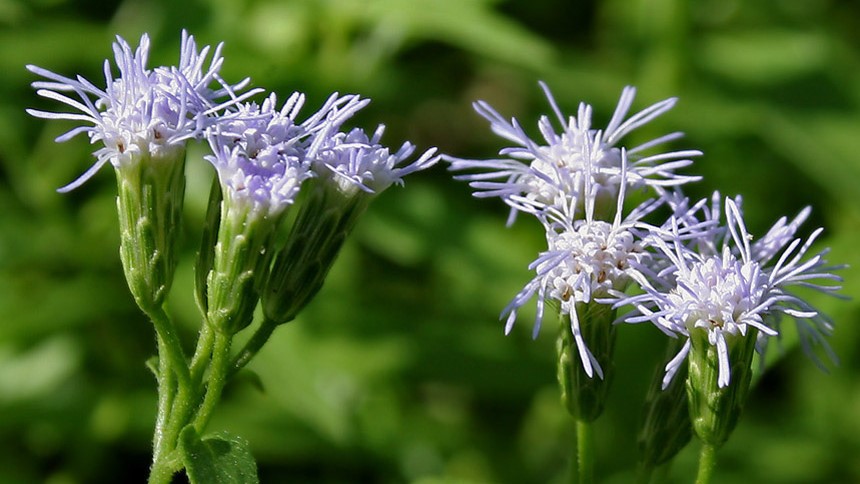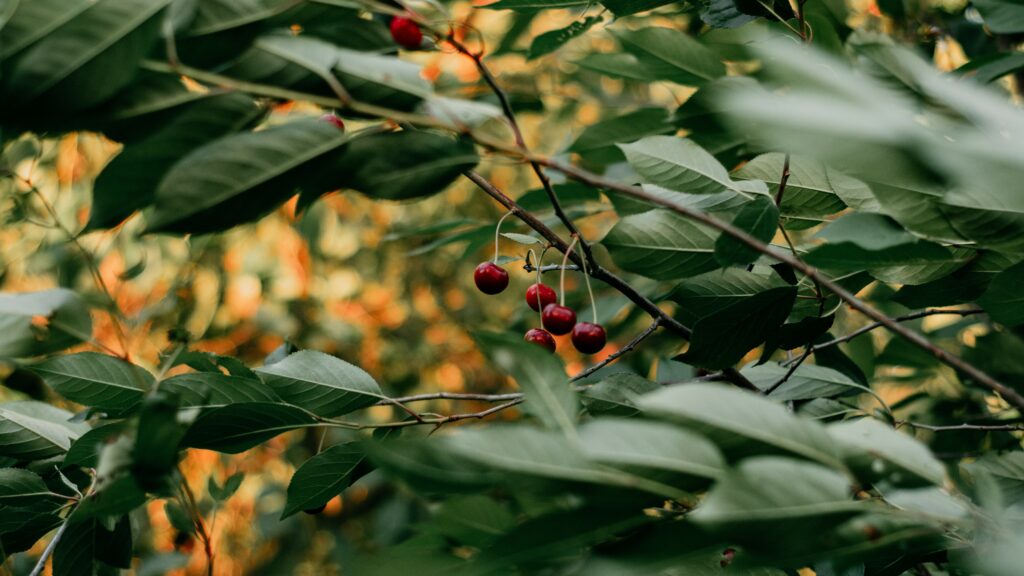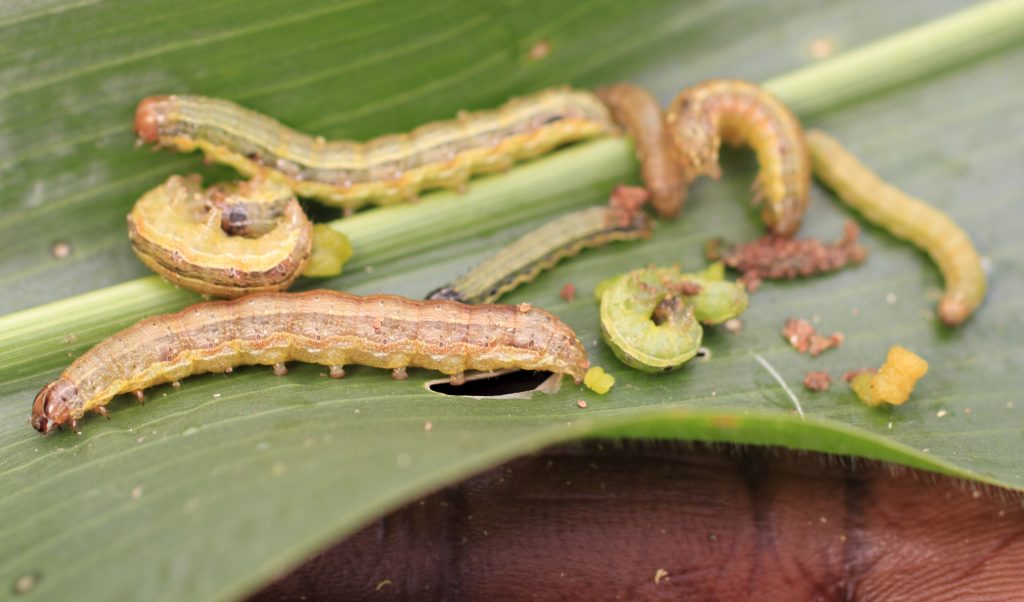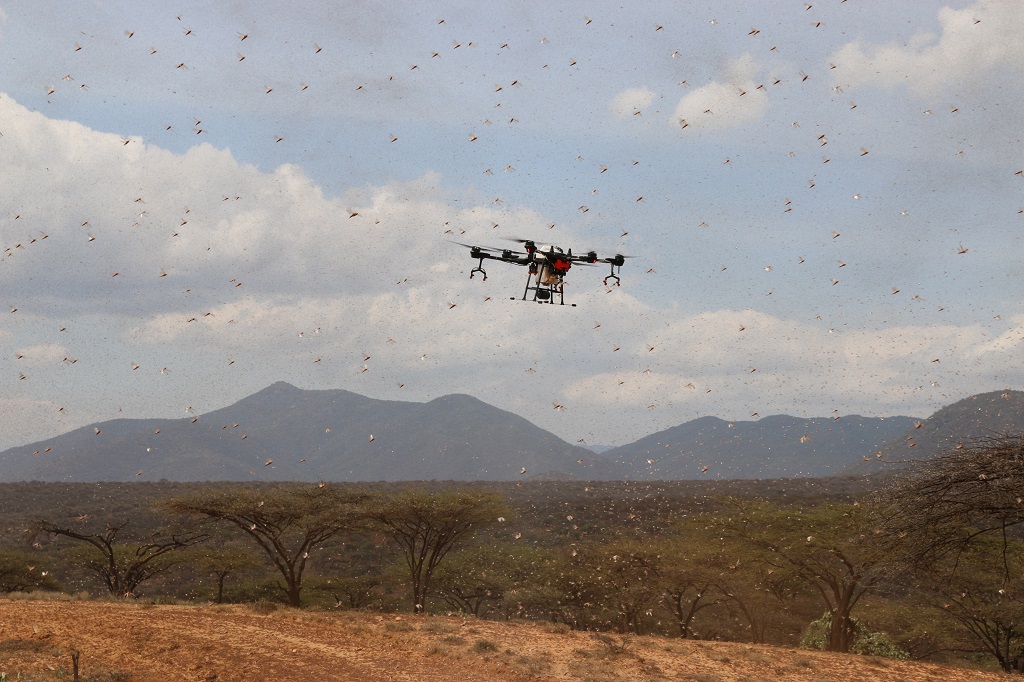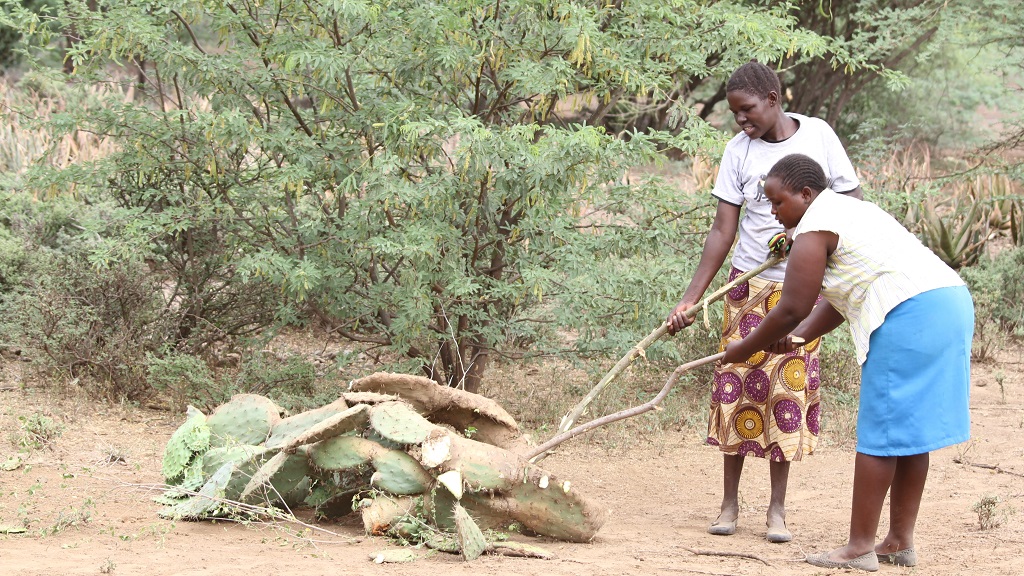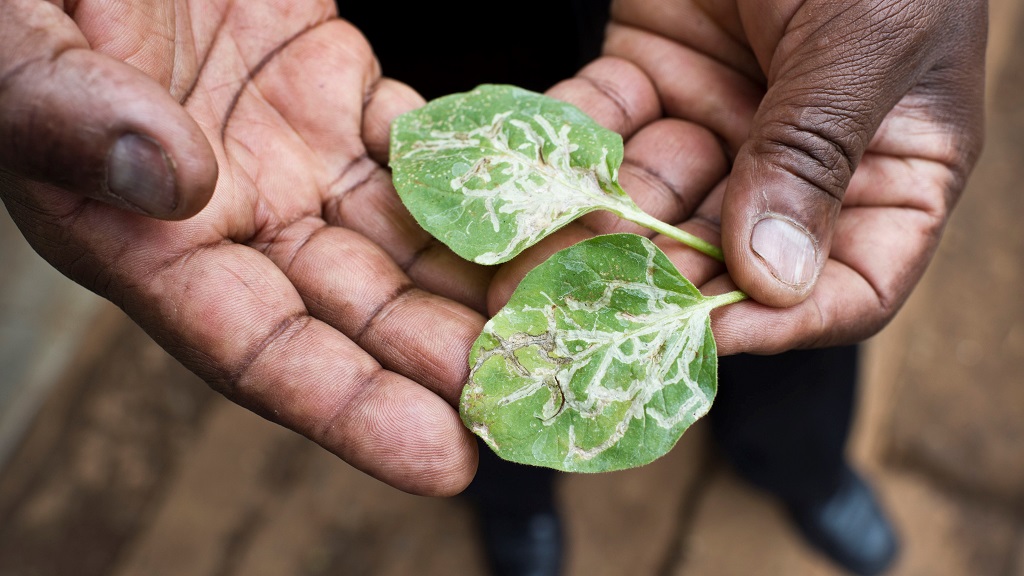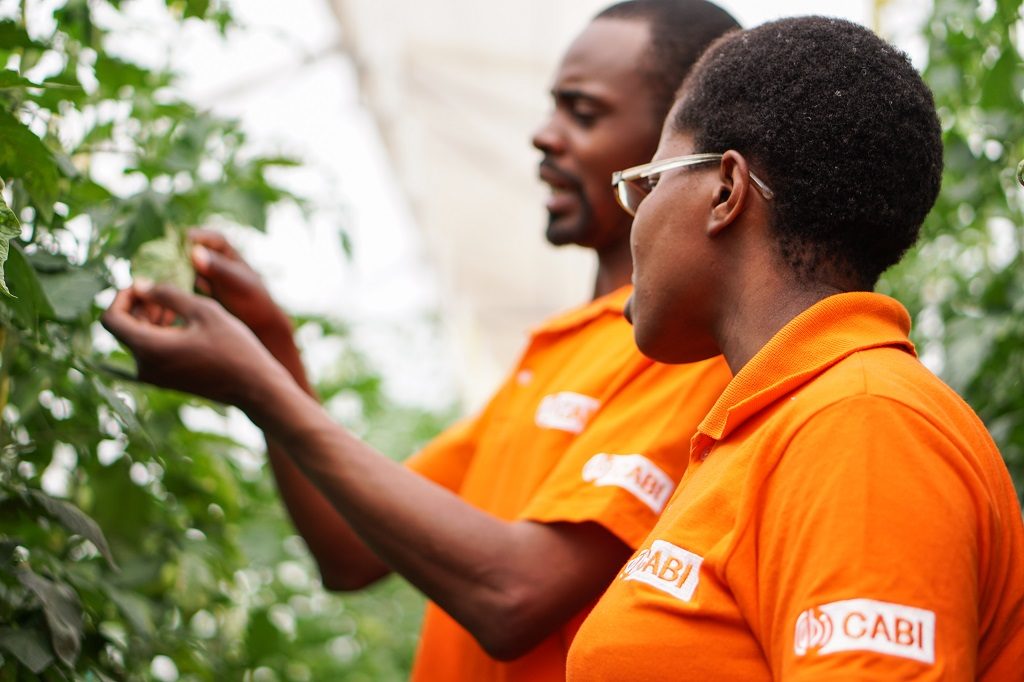Devilweed: the ‘green invasion’ that’s destroying biodiversity and livelihoods
In a new video from BBC Earth, CABI’s Dr Arne Witt tells us about the devastating impact of Chromolaena odorata, commonly known as ‘Devilweed’. As part of the BBC’s Our Green Planet initiative, the video raises awareness about the impact of invasive species on biodiversity and livelihoods.
Potential of parasitoid to control invasive fruit fly highlighted in study
Drosophila suzukii, commonly known as Spotted Wing Drosophila, is an invasive fruit fly native to Eastern Asia that was accidentally introduced to the Americas and Europe in the late 2000s. It has since spread rapidly causing damage to over 150 wild and cultivated fruits like cherries, blueberries, strawberries, and even the fruits of ornamental plants.
Could Telenomus remus go global?
The parasitoid wasp Telenomus remus has been mass released as a biological control agent against fall armyworm (Spodoptera frugiperda) in the Americas (where the pest is native) for a number of years. However, fall armyworm is now highly invasive, found across Africa, Asia, and Australia. Can the lessons learnt from its wide use in the…
Research on biological control of fall armyworm
The IOBC-Global International Working Group of Ostrinia and other maize pests (IWGO) fall armyworm sub-group is organising a virtual meeting on 16-17 March 2021. The rapid spread of fall armyworm, Spodoptera frugiperda, in Africa and Asia requires the development of new, sustainable, control methods, in particularly biological control. While many organisations worldwide are working on…
Invasives Blog Most Read 2020
As 2020 draws to a close, we have crunched the numbers and pulled together the most read articles on the Invasives Blog this year. Plus some firm favourites. Invasive species like Himalayan balsam, fall armyworm, and Tuta absoluta proved to be popular topics for our readers this year. CABI’s work in biological control around the…
Do invasive species impact men and women differently?
We know that invasive species – whose introduction and spread threaten biodiversity – disproportionately affect communities in poor rural areas who depend on agriculture and natural resources for their livelihood. But do gender roles and relationships in agriculture influence the way men and women experience the impact of invasive species?
New paper calls for scientific diplomacy in plant health
Co-authored by leading plant health community representatives a newly-published paper calls for an international research collaboration in the fight against plant pests and diseases. The paper, published in Nature Plants, brought together 28 institutions, including CABI, and analyses new perspectives and challenges on global phytosanitary research coordination; particularly as human trade and movement continues to…
Communication is key: CABI publishes framework for strategic communications during pest outbreaks
The invasion of a highly destructive plant pest can have a devastating effect on farmers’ crop production, natural ecosystems and economic trade. In Africa, where a large proportion of people live in rural areas and rely on subsistence agriculture, invasive species can cause severe damage and seriously impact food and nutritional security.

